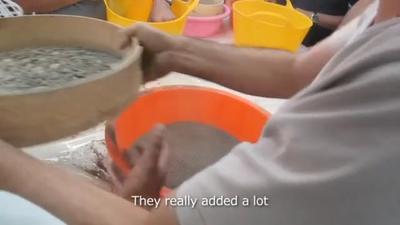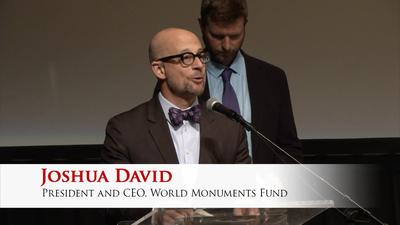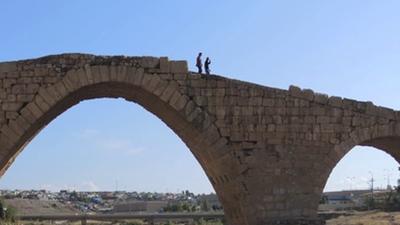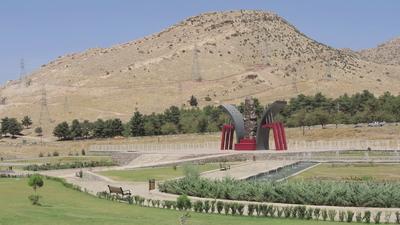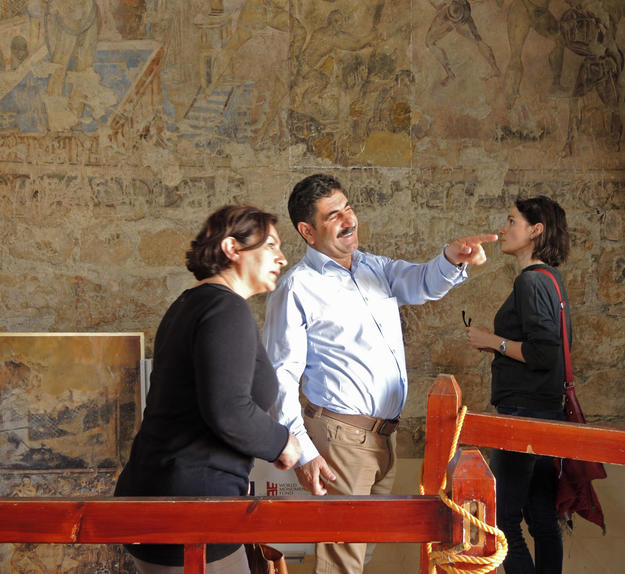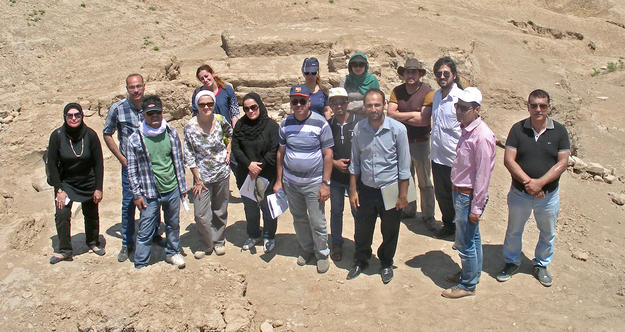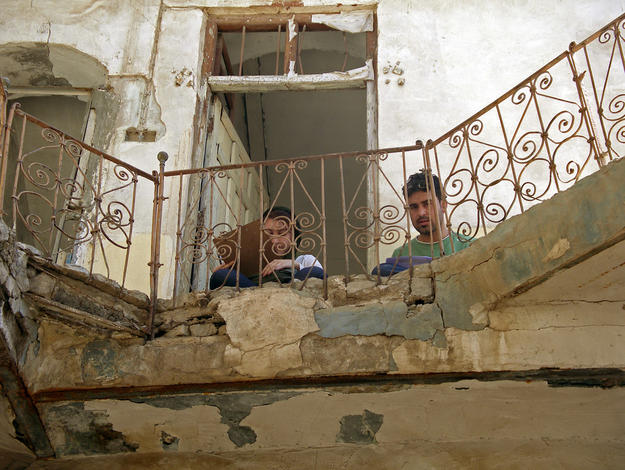Heritage Management Training
Background
WMF has been working in Iraq since 2007. With support from the U.S. Department of State Ambassadors Fund for Cultural Preservation, and in collaboration with the Iraq State Board of Antiquities and Heritage, WMF is nearing completion of a site management and conservation plan for Babylon, one of the world’s most important archaeological sites. In 2013, as a continuation of its commitment to working in Iraq, WMF developed an archaeological site management and historic preservation program to engage U.S. university faculty with local Iraqi and Kurdish professionals, and to frame their work and knowledge within an Iraqi preservation context. Beginning in April 2013, and continuing with three additional training modules in June, August, and September, the program has primarily been located in the city of Erbil at the Iraqi Institute for the Conservation of Antiquities and Heritage (IICAH), with one week at the American University of Iraq, Sulaimani. The sessions included theoretical and practical exercises, as well as interactive field visits to neighboring heritage sites in Kurdistan. Between five and ten student-professionals participated, and WMF held a graduation ceremony for students from the course at IICAH in November 2013. The course has been renewed for 2014, and WMF is currently working to develop and refine the curriculum and schedule.
How We Helped
The program’s main objective has been to elevate the management of archaeological sites in Iraq, focusing on the northern areas of Kurdistan. This has been achieved using methodologies including didactic dialogue, field examinations, and small group projects and development. Among the topics covered were international heritage management standards, specific applied skills such as mud and mud plaster conservation, water and wildlife management, and modern principles for managing historic sites. Urban degradation in the face of modern development was also a running thread. By bringing both Iraqi and Kurdish professionals to the table, WMF was pleased to offer an opportunity for enhanced dialogue and shared learning. U.S. university faculty members have also given very positive feedback on their teaching experiences in Iraq, and will continue to be an integral part of the course in 2014.
Why It Matters
Heritage management in Iraq is at a critical juncture. The country’s rich architectural and cultural heritage has been made vulnerable in light of looting and vandalism, neglect, and a lack of management capacity. With a core belief in the value of educational and training activities as the key to successful local stewardship of heritage sites, the program in Erbil has demonstrated the multifaceted ways that WMF has been able to engage in the field. By equipping Iraqi and Kurdish heritage professionals with the skills and networks to build their careers, and encouraging U.S. faculty members and local professionals to lead the process, WMF has been able to keep its commitment to preserving Iraq’s significant heritage, and looks forward to continuing the course in 2014.
Videos
